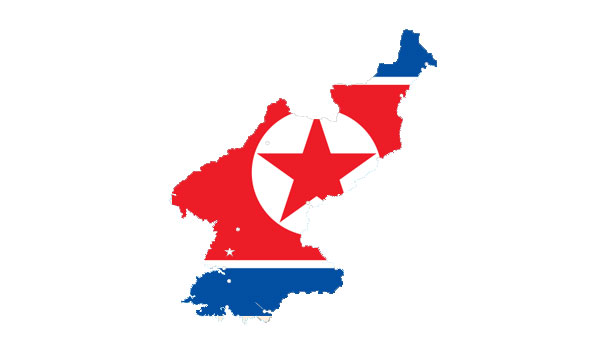The International Campaign to Abolish Nuclear Weapons (ICAN) strongly condemns the nuclear weapon test carried out today by the Democratic People’s Republic of Korea (DPRK), raising concerns that it brings the potential use of nuclear weapons closer.
“As the existing nuclear weapon possessors still argue that their nuclear arsenals are essential for their own security, they only increase incentives for proliferation” says Akira Kawasaki, co-chair of ICAN. “Only when we devalue all nuclear weapons by outlawing them through an international treaty can we reduce the risk of countries like the DPRK developing them further” he continues.
This third nuclear test of the DPRK is reported to be larger than its previous ones, and highlights that the traditional approaches and institutions for preventing nuclear proliferation and achieving nuclear disarmament are not adequate.
“North Korea’s tests are designed to show that it can make different types of nuclear weapons and deliver them against cities such as Tokyo and Seoul, with catastrophic humanitarian consequences.” noted Dr Rebecca Johnson, co-chair of ICAN.
The impact of the use of nuclear weapons has unparalleled consequences on people’s health and the environment and its effects reach beyond borders and throughout generations to impact our environment, economy, food production and commerce; to undermine development goals and to catastrophically harm people worldwide.
Years of atmospheric nuclear tests, as well as the detonation of nuclear bombs over Hiroshima and Nagasaki, have provided incontestable evidence of the catastrophic medical and environmental impact of nuclear detonations, and show how the consequences transcend borders and cause suffering for future generations. In the Pacific, Nevada, and Kazakhstan, for example, the nuclear tests of France, the Soviet Union, United States and the United Kingdom caused severe human and environmental harm to populations living nearby.
“Nuclear weapons are inhumane, unacceptable, and appalling weapons, and no state should be proud to possess them or aspire to acquire them. Maintaining nuclear weapons is not a symbol of power or strength, but instead a constant reminder of the catastrophic humanitarian suffering that they have caused and continuously threaten to cause again” says Beatrice Fihn, editor of the study “Unspeakable suffering – the humanitarian impact of nuclear weapons”.
“The latest DPRK test highlights the urgency of all countries, including those without nuclear weapons, to start negotiations to outlaw and eliminate these weapons” says Beatrice Fihn. She notes “More than 400 representatives of humanitarian, environmental, health and peace organizations will be gathering in Oslo, on March 2-3, 2013 during the ICAN Civil Society Forum to highlight the unacceptability of nuclear weapons and the need for an international ban, before nuclear weapons cause another humanitarian catastrophe like Hiroshima and Nagasaki, or worse, ever again”.
Daniela Varano
Campaign Communications Coordinator
International Campaign to Abolish Nuclear Weapons






